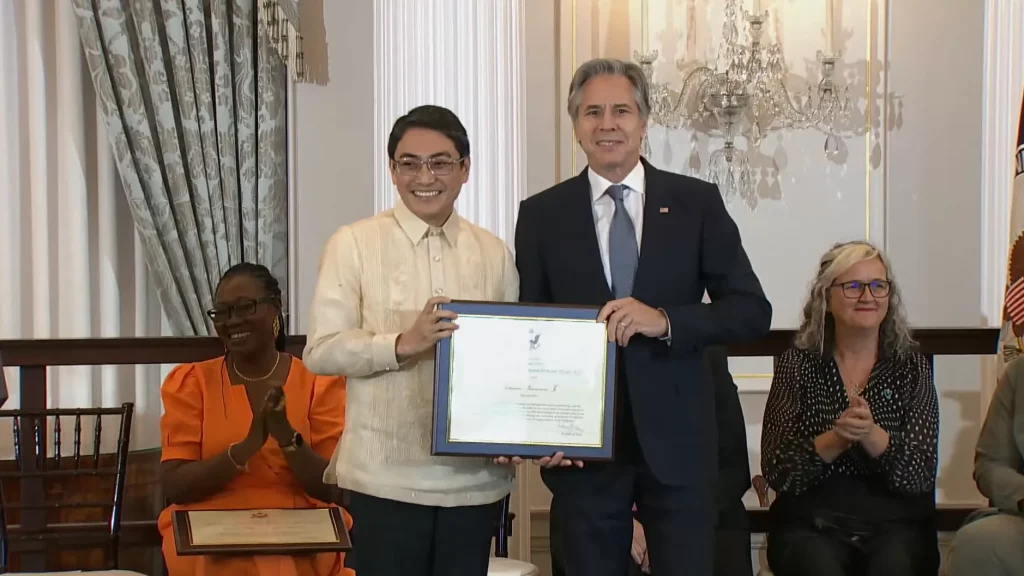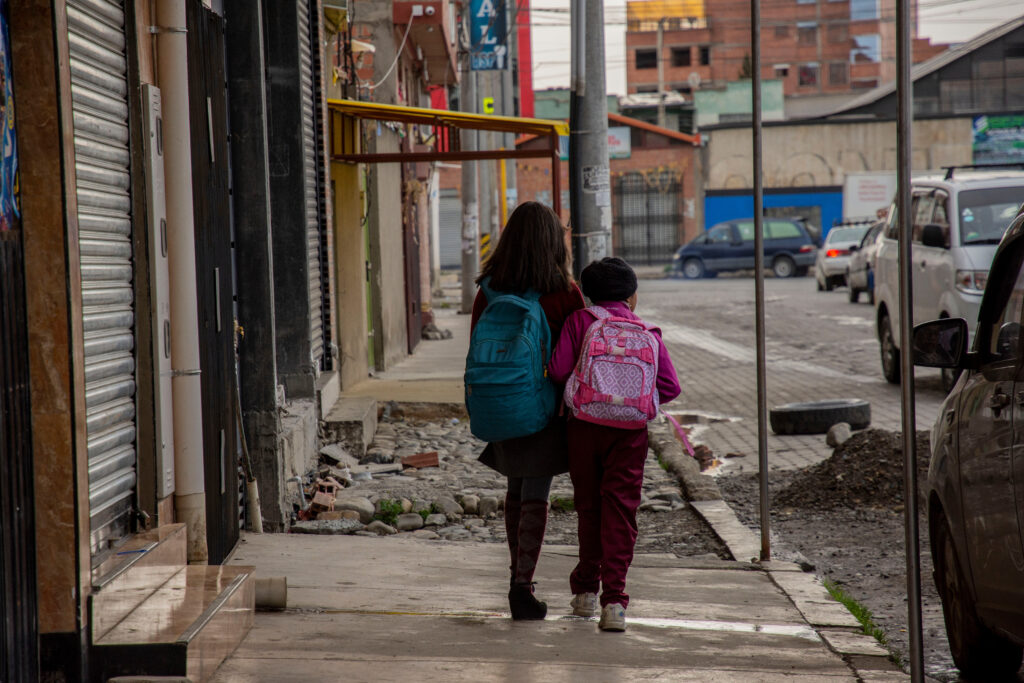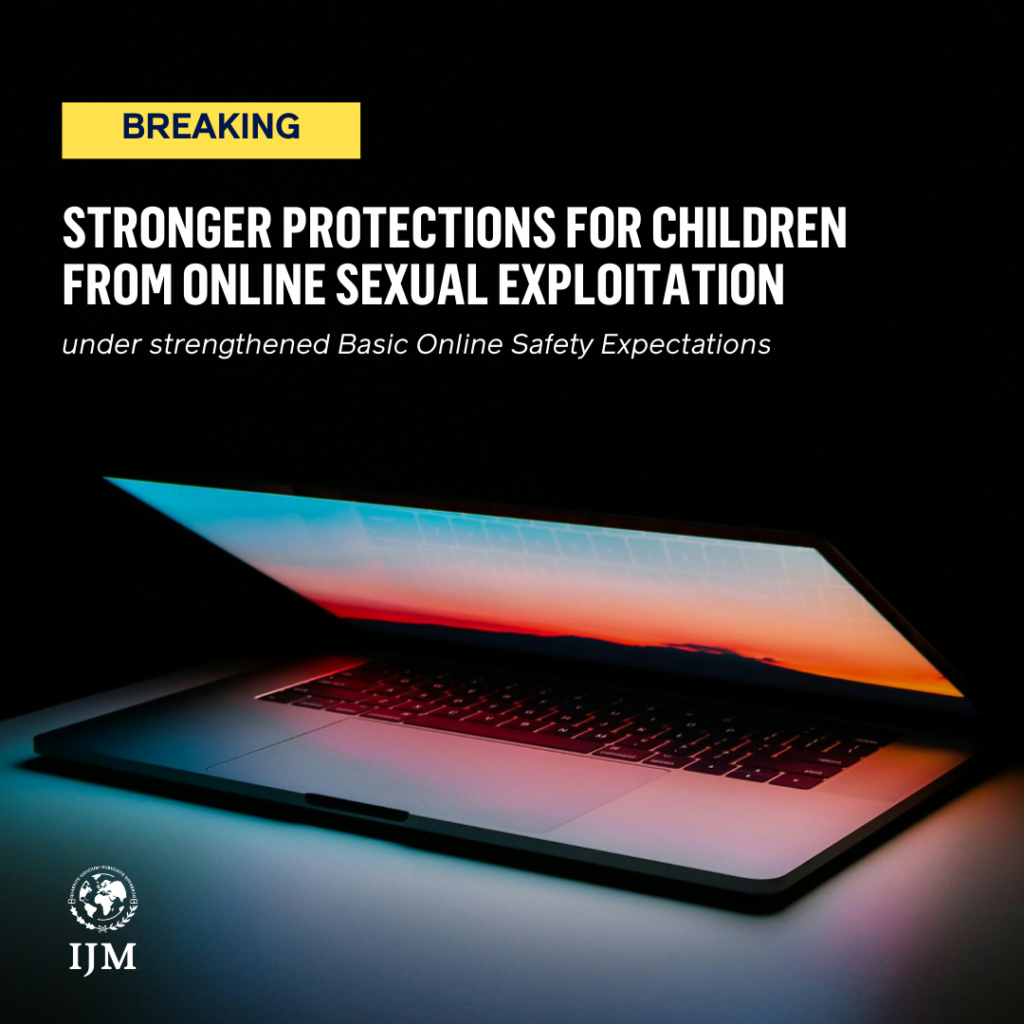Australia
15 years’ jail for Adelaide man who livestreamed sex abuse of Filipino children
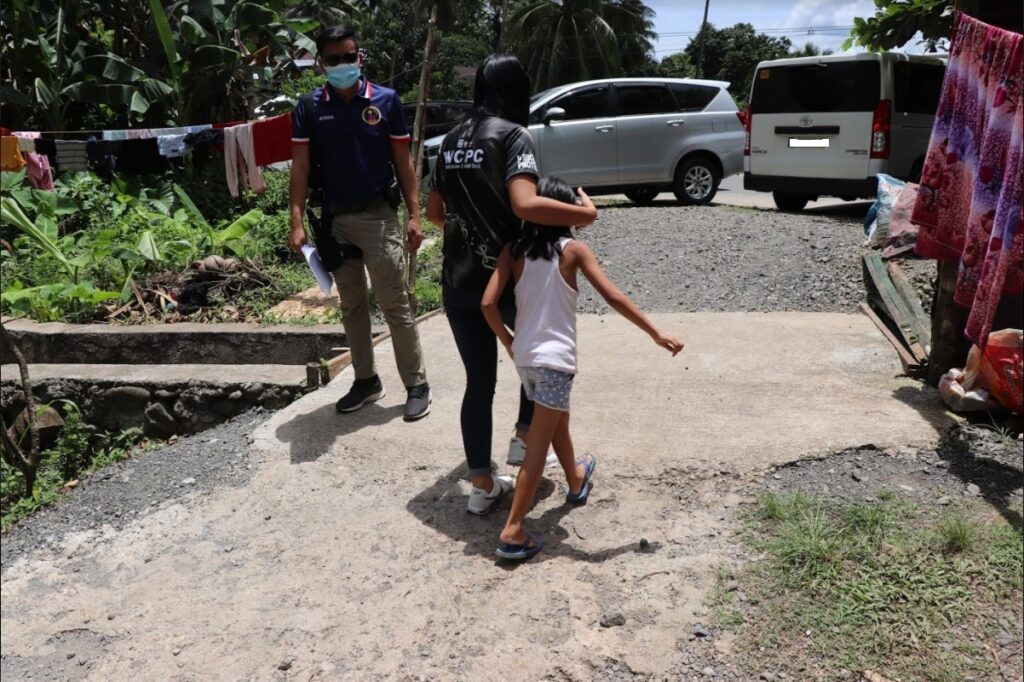
4 August 2022
A 68-year-old Australian man will serve time in jail for ordering and directing the sexual abuse of children in the Philippines via livestream. Yesterday, the District Court of South Australian sentenced Ian Ralph Schapel to 15 years, three months and 19 days’ imprisonment with a 10-year non-parole period. This case led Philippine authorities, with support from IJM, to rescue 15 children and arrest five young women in August 2020.
“Online child sex abuse is a truly transnational crime and this operation shows Australians are part of the problem as well as the solution,” said Steve Baird, CEO of International Justice Mission Australia.
“It’s shameful and unacceptable that an Australian perpetrator is involved in such unspeakable abuse of young Filipino children.”
Schapel’s abuse of the Filipino children—including a girl police believe to have been just three years old—occurred on at least 55 occasions between March 2018 and January 2020. According to the public prosecutor, he paid less than $40 for each of these instances of abuse.

The Adelaide man’s arrest in April 2020 came after Australian Border Force discovered child sexual abuse material (CSAM) in his possession at Melbourne airport, where he had arrived from an overseas trip unrelated to these offences. Further investigation uncovered over 55,000 photos and videos of children being sexually abused. Police found evidence that Schapel had ordered livestreamed abuse from the Philippines, and referred the case to the Philippine Internet Crimes Against Children Center (PICACC), of which IJM is a founding member.
In four operations in Mindanao, the Philippines, IJM helped authorities to rescue 13 children and two young women, also arresting five young women suspected of trafficking the victims.
As is sadly typical of cases of online child sex abuse in the Philippines, the suspected traffickers are closely connected to many of the victims – being their mother, aunt, cousin or friend. Legal proceedings are still before the courts in the Philippines.
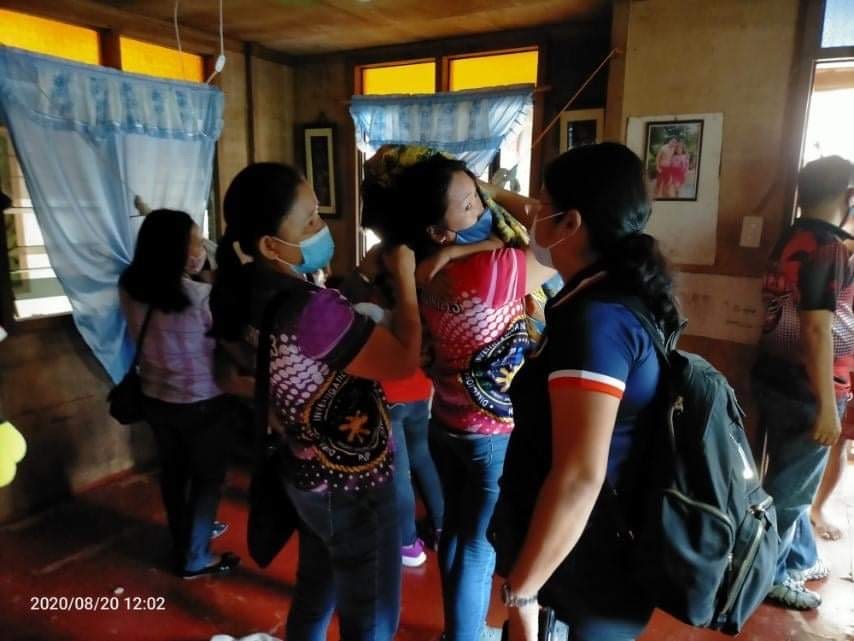
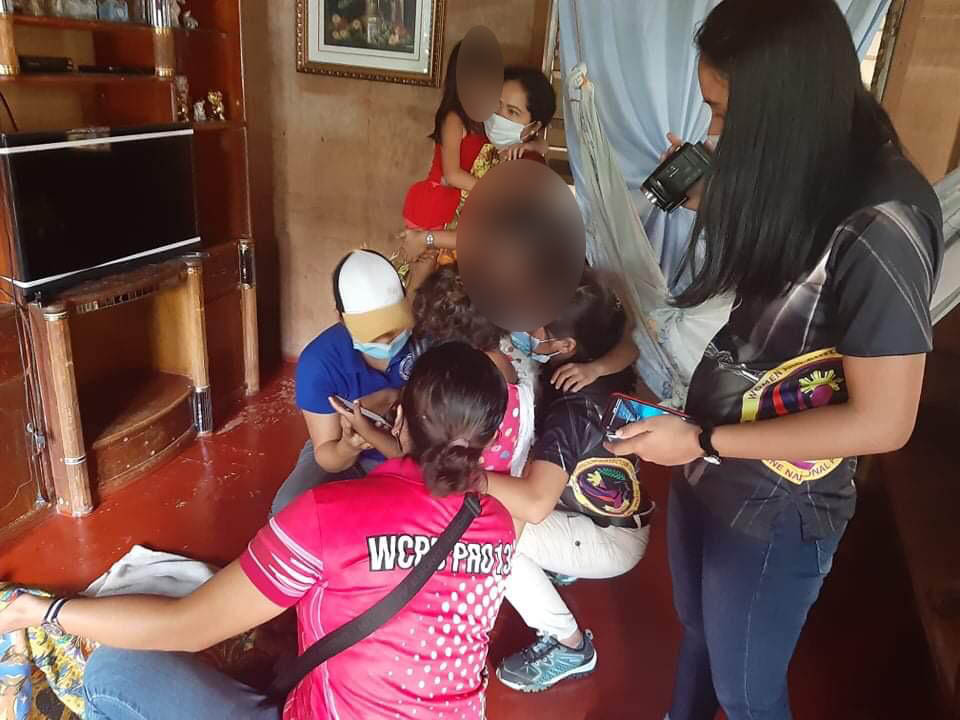

Australian Federal Police (AFP) Commander Central Erica Merrin spoke candidly about the nature of the abuse:
“Children are being forced into the most appalling violence and torment on camera by the people who are meant to love and to protect them. The abuse is then live streamed to customers in western nations; shamefully that includes Australia.”
Livestreamed abuse is neither passive nor less harmful than if Schapel had abused them in the Philippines, because real children were still abused in real time. Furthermore, “he did not just watch children being hurt – he ordered specific abuse to happen and preyed on the economic vulnerability of the people involved,” Commander Merrin said.
In addition to the prison sentence, the AFP-led Criminal Assets Confiscation Taskforce (CACT) sought to confiscate Schapel’s Adelaide home under the Proceeds of Crime Act 2002 – the first time it has done this. Although he did not profit from his crimes, the claim was made based on the offences occurring from his home. In a settlement late last year, Schapel paid $165,000—half the value of the home—to the Commonwealth. He also received a nine-month prison sentence under State law.

A month earlier, in June 2022, a West Australian man was sentenced for offences relating to the same victims and suspected traffickers.
Since 2011, IJM has
- supported 268 law enforcement operations in the Philippines
- helped bring 976 victims and at-risk individuals to safety, 756 of them being children and the others being mostly teens and young adults
- helped convict 146 traffickers or facilitators in the Philippines
Of the 563 victims rescued and 121 suspects arrested and/or charged through the PICACC collaboration since its inception in February 2019, 165 of victims (29.3%) and 43 of the suspects (35.5%) were a direct result of AFP referrals. This indicates Australians are fuelling the online sex abuse of children in the Philippines in a significant way.
“This is happening in our backyard,” Mr Baird said. “We applaud the unwavering efforts of Australian police in partnering with Philippine and other law enforcement, and IJM, to shut down this crime, but as a nation we must do more.”
*
Read the AFP’s media release. This story was also covered in ABC News, news.com, 9 News and the Australian.
To learn more about online child sex abuse (OSEC), visit IJM.org.au/thetruth.
About the PICACC
The Philippine National Police, the National Bureau of Investigation, the Australian Federal Police, the United Kingdom National Crime Agency and International Justice Mission established the PICACC in 2019 to strengthen Philippine and foreign law enforcement collaboration in combating online sexual exploitation of children in the Philippines.
Note to Editors:
The Terminology Guidelines for the Protection of Children from Sexual Exploitation and Sexual Abuse, also known as the Luxembourg Guidelines, prescribes the use of the term “child sexual abuse material” or “child sexual exploitation material” instead of “child pornography”, except when referencing the name of statute. Sexualised material that depicts or otherwise represents children is a representation, and a form, of child sexual abuse and should not be described as “pornography.”
MEDIA: Nick Trainor 0407 078 138


